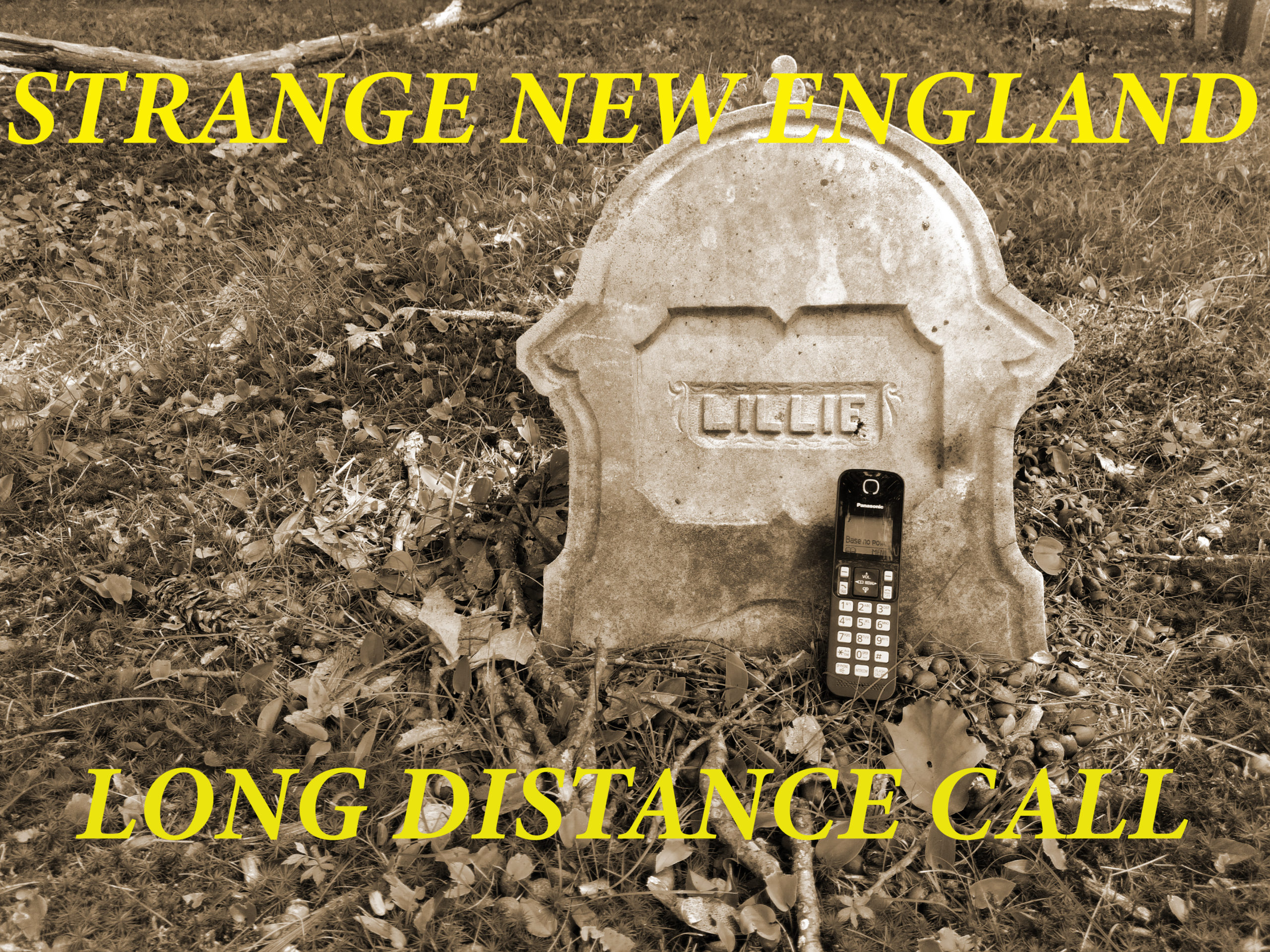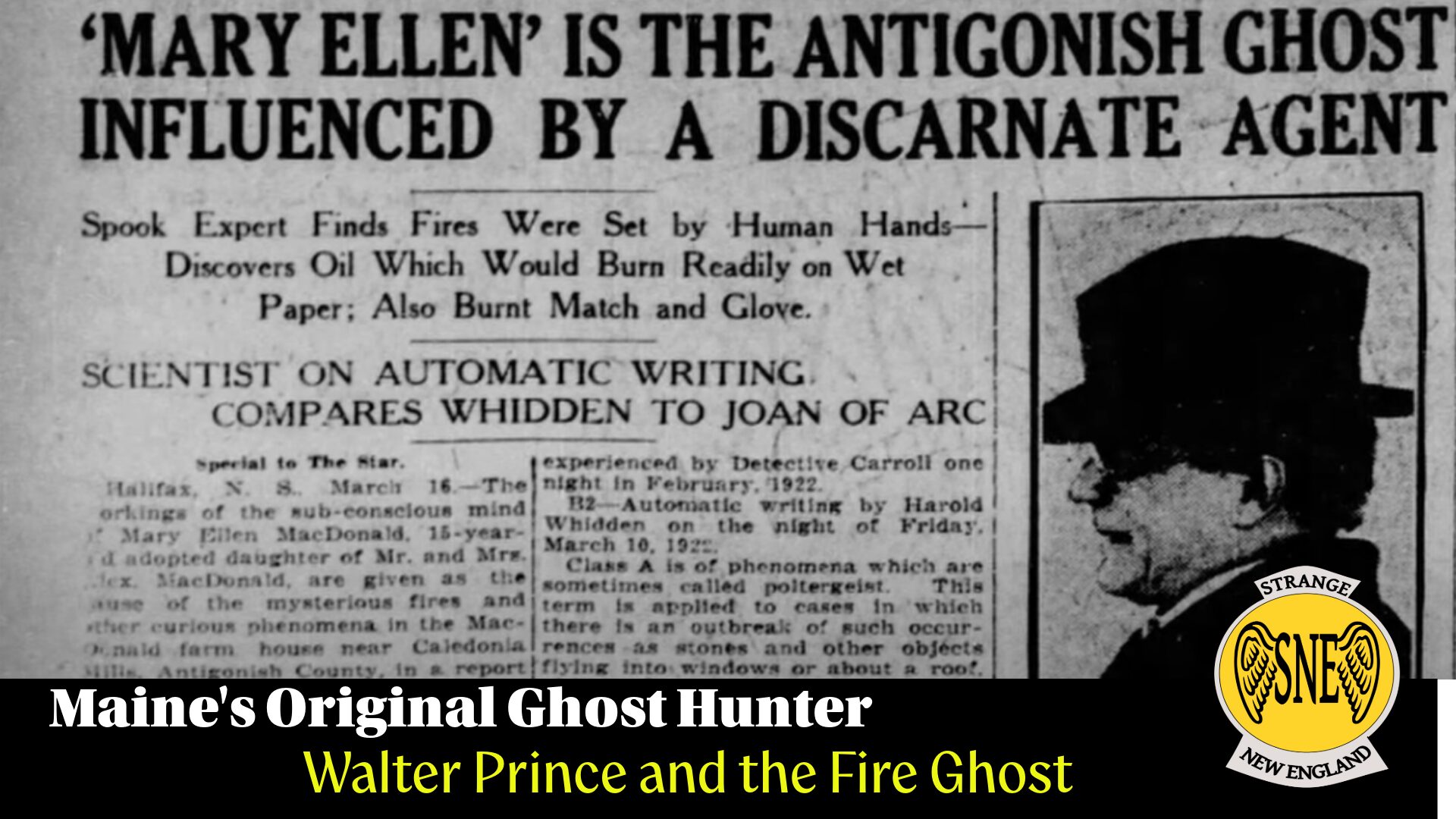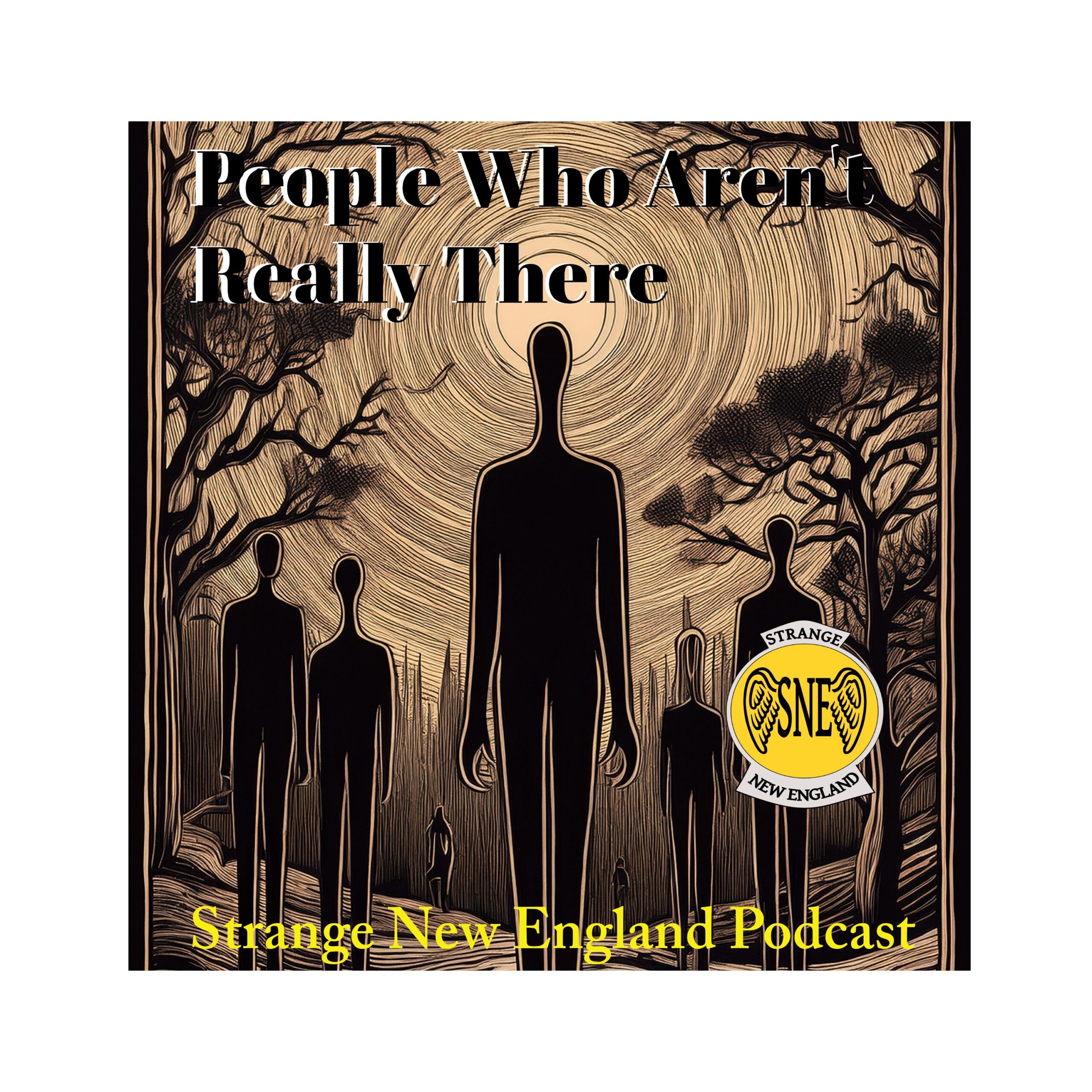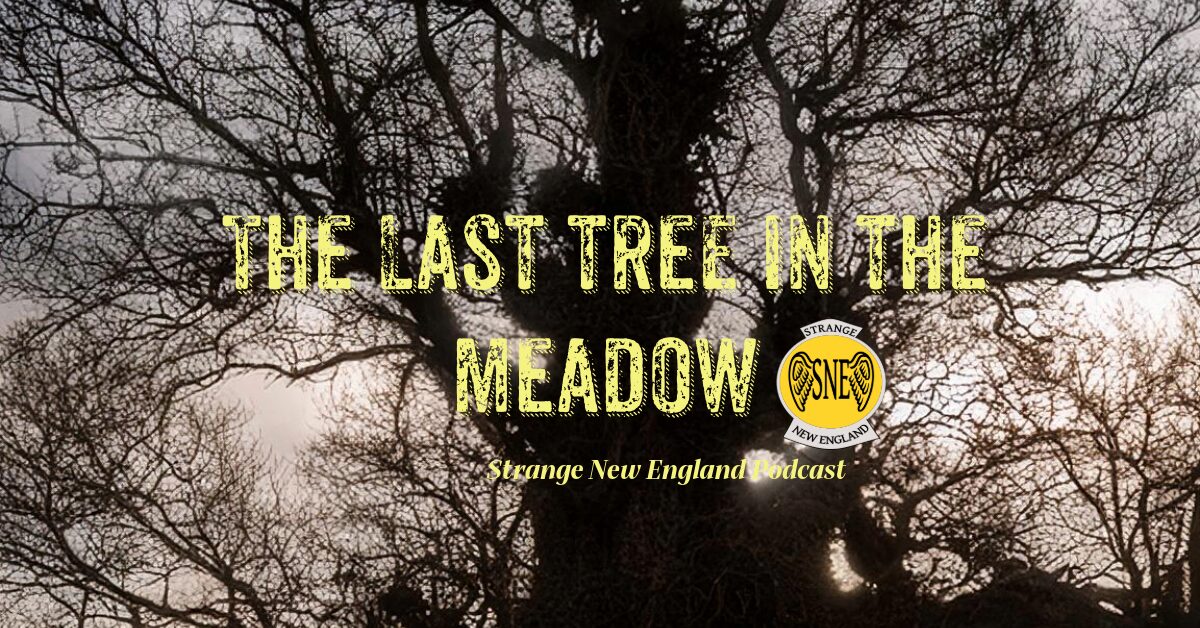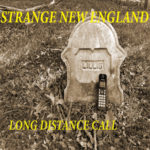
It happens several times a day to everyone I know, usually at dinner time. Sitting quietly, minding your own business in the comfort of your own home and the phone rings. You look at the number and it looks somewhat familiar – whoever is calling lives in your area code, so there’s that. It can’t be from some robocaller – oh, you know, it probably is, but you put your hand up to the phone and wait – that is, if you have an answering machine. My son has a great strategy that he recorded for us a long time ago – it goes – “Hi you’ve reached the Burbys. We can’t come to the phone right now but if you’ll leave your name and number, we’ll be happy to get back to you, unless you’re soliciting something, in which case, please call someone else.” It works most of the time.
There are pathways that lead into our homes – the front walk that leads to the door, your email, your Internet connection and of course, your phone. We have a strange modern relationship with our phones. We eat with them, take them to the bathroom and take them to bed. Phones have become a hardware addition to the human mind, a kind of peripheral that we just can’t seem to do without. We hold them in our hands and keep them safe because they connect us to so many people, places and things. We have ways of filtering out the unwanted emails and calls, but even then, sometimes you get that call – the weird one where you decide to answer and say, “Hello?” and then you wait and time passes – and there is no answer, but you know, or at least you tell yourself – that there is someone there on the end of the line – someone who isn’t answering. These are unnerving, to be sure. Maybe it was just a wrong number. You hang up and forget about it. These things happen all the time. Probably a glitch.
But there are the calls where someone does answer and these calls can change the way you look at the world and gauge your own experience of the strange. Phones operate using electricity and are, in the context of human history, a fairly recent invention. How can such a thing made of batteries and silicon, copper and gold be a conduit for the experience of the unexplained? When I was a kid we had something called a party line. Everyone on our long country road shared the same line, but we all had different rings. If you answered someone else’s call, you heard about it. If you picked up the phone and didn’t listen to hear if someone else down the road was using it, you might begin dialing over someone’s conversation. Sometimes, though, you’d hear your ring – it was meant for your household, and you rushed over and picked up the receiver and put it to your ear and heard…what was that? Was someone whispering? It always happened when you were home alone, when the shadows of night started falling. A phone call from someone – but who? What did they want? Why wouldn’t they talk? And then a sound – from a thousand miles away, a static-filled nearly indistinguishable utterance of something unintelligible. But you can swear it sounds like someone you know. Did they say your name? “Hello? Hello?” you say over and over, but to no avail. There were more than a few of these calls at my house growing up. I wonder about them from time to time.
There is a story from before the invention of cell phones in the summer of 1970 from a town in northern New Hampshire. Like so many ghost stories, it is simple and cannot be proven, but that doesn’t matter. Ghost stories don’t need proof – they only require belief. See if you…believe.
Three friends are in a pickup truck, driving down the back road that leads deep into the back forty of a northern New Hampshire property. It’s summer and the weather is fine – the sun is bright and the hour is late in the afternoon, casting long shadows. Frank Carlye and his friend Sam Dugan, policemen on their day off, are in the cab of the pickup. Their friend, Lincoln Hassen, is in the open bed of the truck, laughing as the tires throw stones and dust high into the air as they barrel down the tote road. They’ve done this so many times before. Good times among good friends.
Suddenly, from out of nowhere, Sam loses control of the pickup. The ditches are high and the truck rolls off the road and down a deep, timber-filled embankment at a high rate of speed. Time slows down. The world becomes a thick fluid through which Frank blinks and tries to determine if they are alright, if they are hurt. Sam is next to him, unconscious, slumped over the wheel. Frank, dizzy and disoriented, cut and bruised, sees the red hue of Sam’s blood on the windshield and he knows things are bad for his friend.
Then Frank remembers Lincoln. He calls for him, “Lincoln, are you there? Are you okay? Lincoln?” And a sense of relief comes to Frank as he sees Lincoln walking toward the truck, obviously uninjured. In the quickness of the moment, Frank assumes that his friend must have jumped from the truck before it headed down the embankment.
“Frank, it’s okay,” Frank recalls Lincoln assuring him. “Don’t move. I’ll go for help.”
Help. Lincoln had miraculously survived the accident and though they were in the woods, Lincoln was a local boy – he knew these back roads better than anyone. He knew where the closest house was. Frank tried to concentrate on his breathing and kept checking on Sam, who was still unconscious but thankfully, was still alive.
“The paramedics arrived in no time. I remember saying that to the EMT who was taking care of me in the ambulance,” Frank remembers. “The EMT looked at me, smiling, and said, ‘Yeah, it’s a good thing someone called. We never would have found you guys if the caller hadn’t given us good directions. If we had made it here any later, you both might have bled to death. That was when another EMT entered the ambulance and said to me that he was sorry that my friend didn’t survive the accident. I was wondering what he was talking about because Sam was right next to me in the ambulance and he was waking up. I said, look, he’s alive. And that’s when the EMT looked at me and said really quietly, “No, I mean your friend, the one riding in the back of the truck. He didn’t make it.”
But someone had called. Someone had given their precise location. And he had seen Lincoln, had talked to him, as he wavered in and out of consciousness. He remembered how Lincoln had assured him that he would get help. Now, the doctors assumed them, their friend Lincoln Hassen, was indeed deceased. “He was found by the paramedics pinned beneath the truck and must have died instantly when the vehicle rolled,” explained their attending physician. “I’m so sorry.”
Frank and Sam recovered from their injuries, but they couldn’t stop thinking about Lincoln. The question that needed to be answered, of course, was, who called for the ambulance? Someone did. The policemen knew that the hospital kept a log of callers as a matter of course and as soon as they were able, they visited and asked about the caller.
The nurse in charge of the department opened the log book and moved her finger down the lines until she came to the call that had miraculously saved both of their lives. She looked up at the two eager listeners and replied, “Lincoln. The person who called said his name was Lincoln.”
Friendships are forged and must be cared for like they are living things. We’ve all had a good friendship fall by the wayside because we forgot to feed it, to call our friend, to care enough to do that something extra that would make all the difference for our friend. Frank and Sam know the value of Lincoln’s friendship. They are reminded of it all the time. Exactly how the spirit of Lincoln used a telephone to call an ambulance is beyond explanation, beyond belief, really. But that is the power of a good ghost story. Beyond all belief, you know you still want to…
SOURCE for this story:
Robinson, Charles Turek. The New England Ghost Files, 1994, Covered Bridge Press, North Attleborough, MA. pp.12-13 “The Posthumous Power of Friendship”.
Original Music by Jim Burby
Audio mastering by Jim Burby
Original text by Thomas Burby
